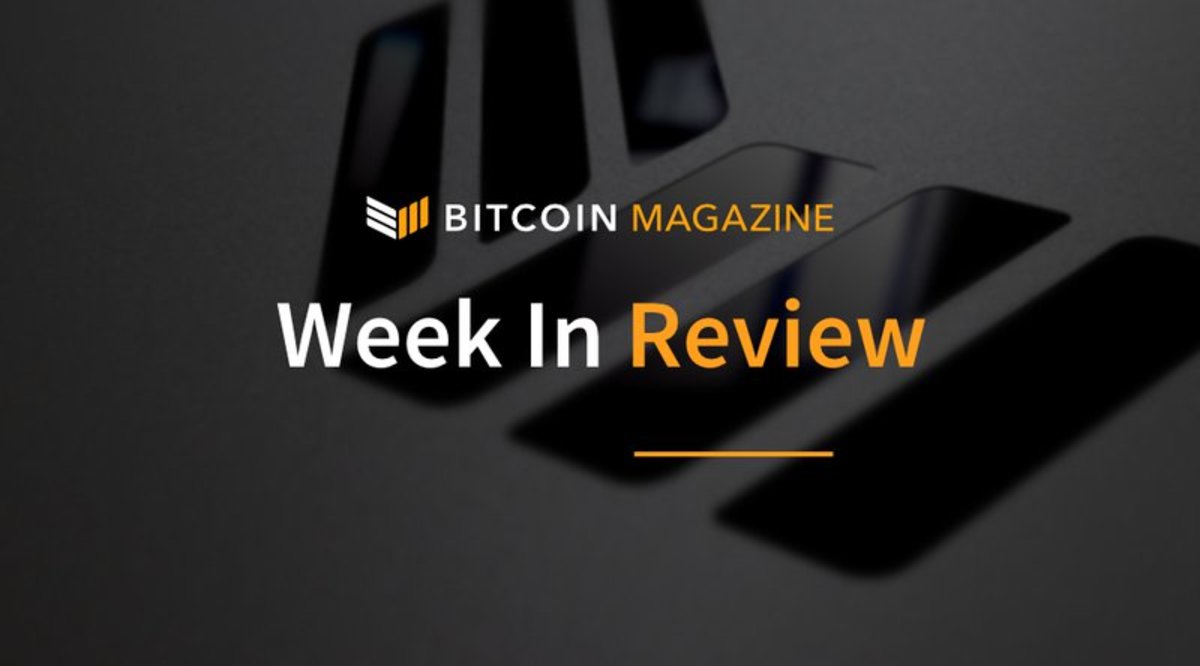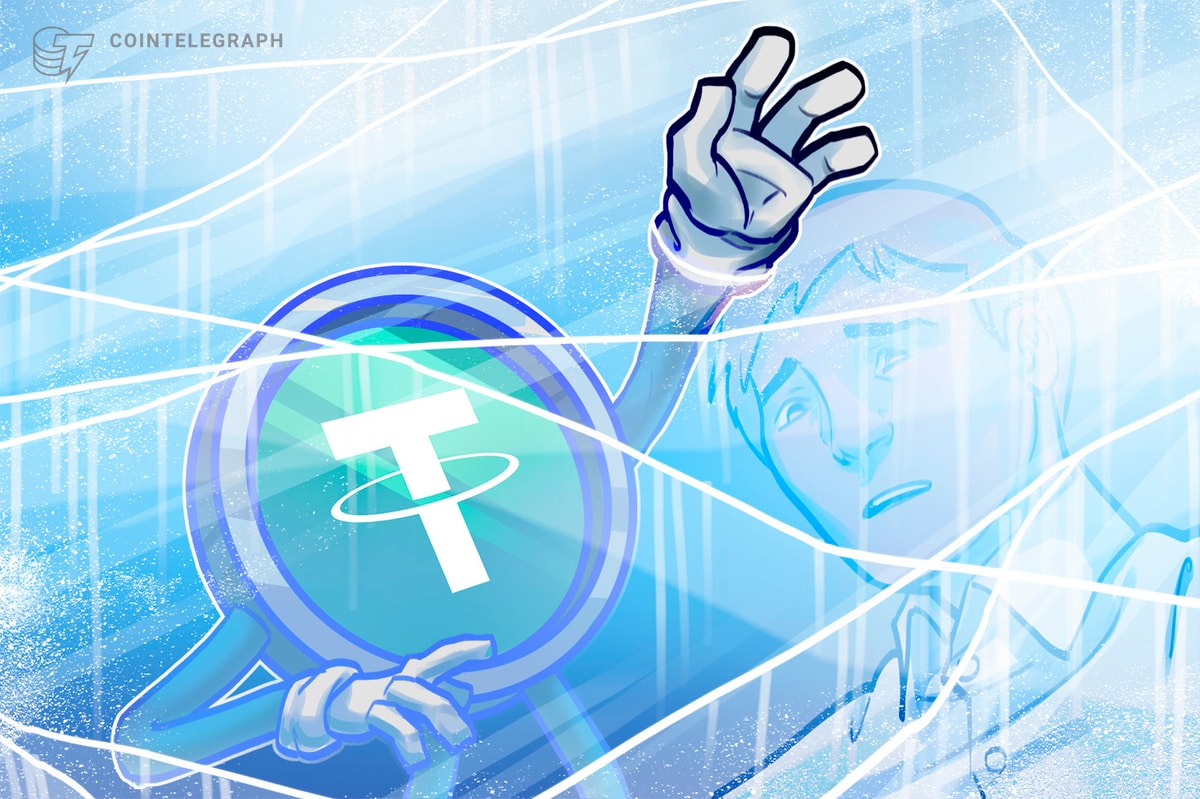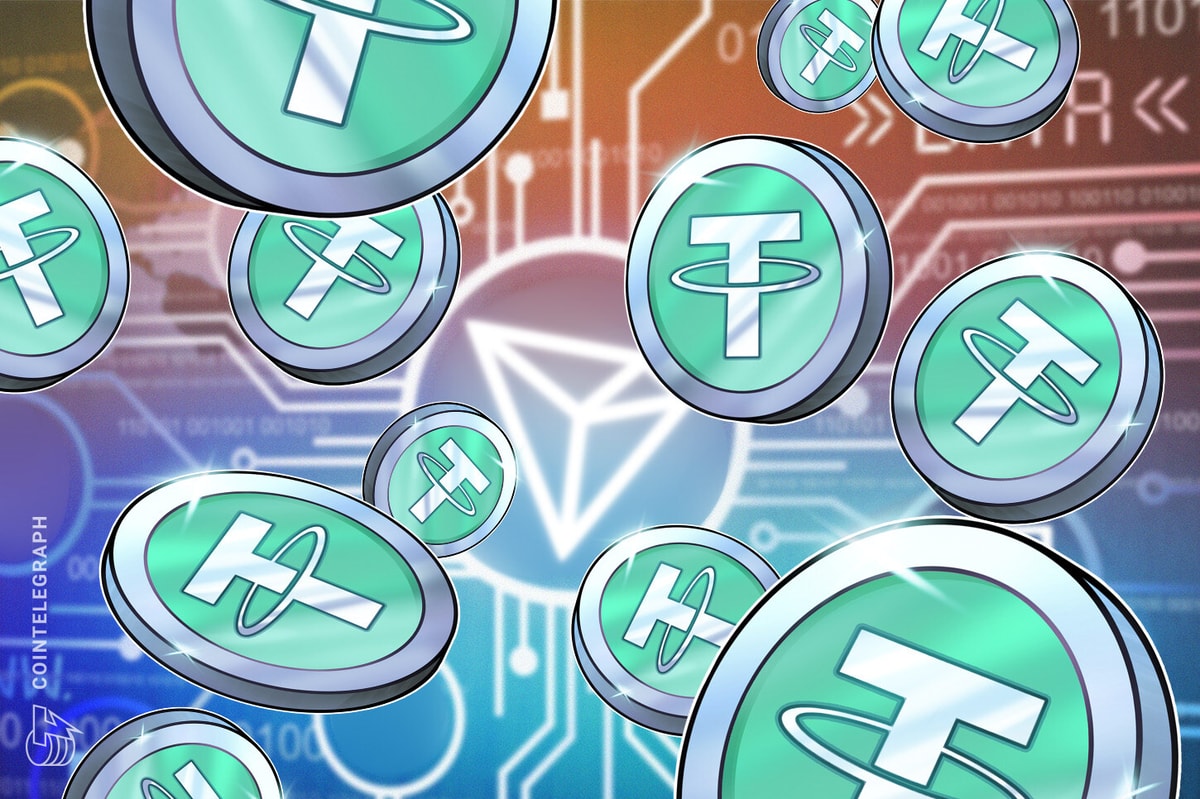
Golem has lumbered in from the wilderness now with its first beta release, the Brass Golem, bringing the notion of Airbnb for computers to life on Ethereum. Also in Ethereum news, Ether Capital seeks to be a steadying and calming force in the Ethereum technology and ICO space.
Samsung has now confirmed that it is manufacturing ASIC chips for Halong Mining, while the ASIC-resistant hashing algorithm that is part of Ravencoin has peeked its head above the clouds with a new white paper and detailed roadmap.
In regulatory news, the EU has formally launched blockchain initiatives with 22 member countries joined in cooperation to develop education and regulation for the industry.
Featured stories by Amy Castor, Colin Harper, Nick Marinoff and Justin O’Connell
Stay on top of the best stories in the bitcoin, blockchain and cryptocurrency industry. Subscribe to our newsletter here.
Golem, the “Airbnb for Computers,” Launches on Ethereum Mainnet in Beta
On November 11, 2016, Golem raised 820,000 ether — worth $8 million at the time — in 29 minutes. Golem was one of Ethereum’s earliest ICOs, and this week their beta, known as Brass Golem, went live on the Ethereum mainnet.
Initially advertised as an “Airbnb for computers,” the Golem idea is to create a global market for your idle computing power. You can rent out your unused computing power and be paid for it in cryptocurrency. Ultimately, the goal for Golem is to make just about anything that requires heavy computer lifting, such as CGI rendering, scientific calculation, machine learning and more — both affordable and accessible.
Samsung Is Building ASIC Chips for Halong Mining
It’s now confirmed that Samsung has been producing high-capacity memory chips for GPUs for years. The company has now confirmed that it is providing ASIC chips to mine bitcoin, ether and assorted cryptocurrencies for hardware manufacturer Halong Mining. Its partnership with Halong is expected to bring heavy competition to the ASIC industry, primarily to China’s Bitmain, which, up to this point, has largely dominated the chip-development arena.
Cryptocurrency Project Ravencoin Gets Back to P2P Asset Transfer Basics
Officially launched at the beginning of 2018, Ravencoin (RVN) has a stated aim “to implement a use-case-specific blockchain, designed to efficiently handle one specific function: the transfer of assets from one party to another.”
According to founder Tron Black, RVN bears several resemblances to Bitcoin, with many of its advantages being extended to assets. In the future, he says Ravencoin will also bear features similar to Ethereum’s ERC20 and ERC721 contracts. The company’s road map shows that they are on Phase 2 of 6, but no dates are associated with deliverables.
Taking Ether Public: An Interview with Ether Capital CEO Michael Conn
Ether Capital is positioning itself to be the first Ethereum-focused publicly traded company. Having already raised $45 million through a private placement, the Toronto-based firm is now close to finalizing the reverse takeover (RTO) of a Vancouver shell company by mid-April.
“We want to create accretive value by building a true business, rather than acting as a venture capital firm that makes 10–15 investments and is pleased if two or three appreciate in value,” said CEO Michael Conn in an interview with Bitcoin Magazine. “We are really looking to be a meaningful alternative to both ICOs and venture capital. We are not precluding ourselves from collaborating with VCs or private investors in any of our investments, but ultimately [we] need to see how a business fits in to our broader vision of interoperability.”
22 European Nations Come Together with Blockchain Partnership
The European Union has been active this year in exploring blockchain technology and assessing potential regulation and growth. On April 10, 2018, 22 European countries joined forces to cooperate on blockchain regulation and education. The European Blockchain Partnership “will be a vehicle for cooperation amongst Member States to exchange experience and expertise in technical and regulatory fields and prepare for the launch of EU-wide blockchain applications across the Digital Single Market for the benefit of the public and private sectors,” states the European Commission press release.









